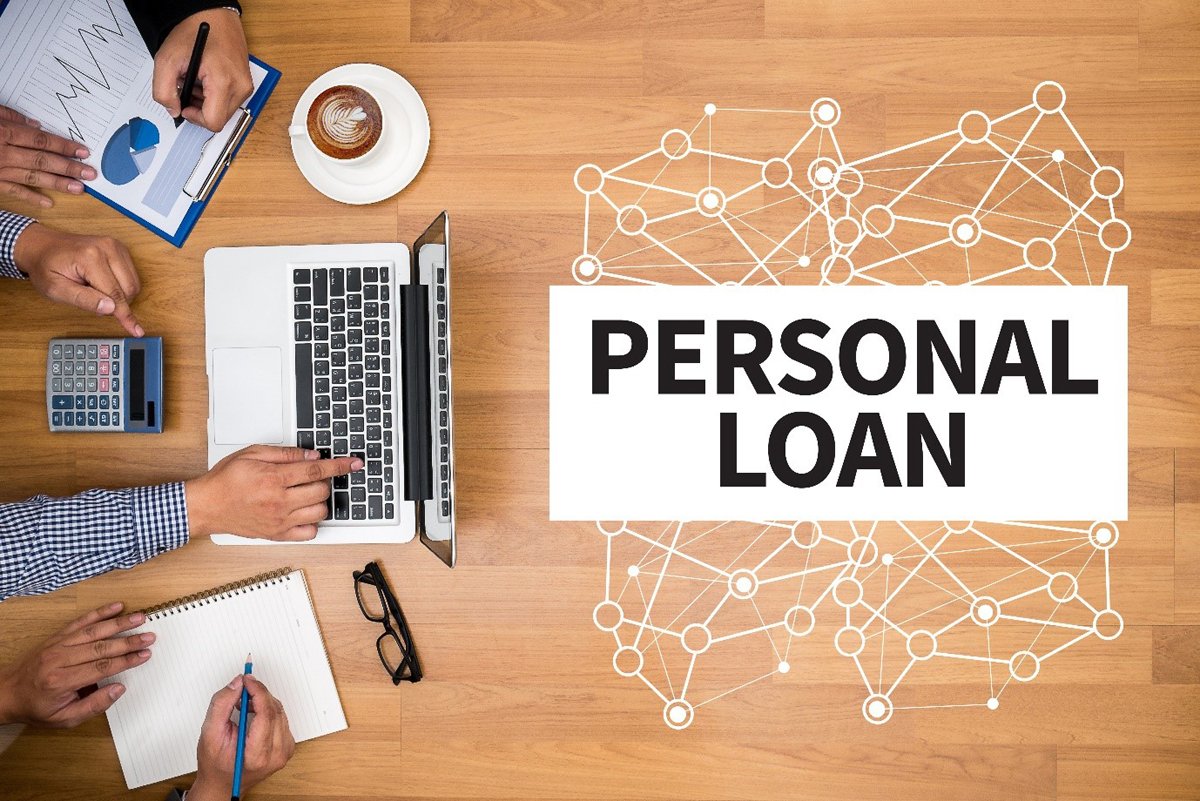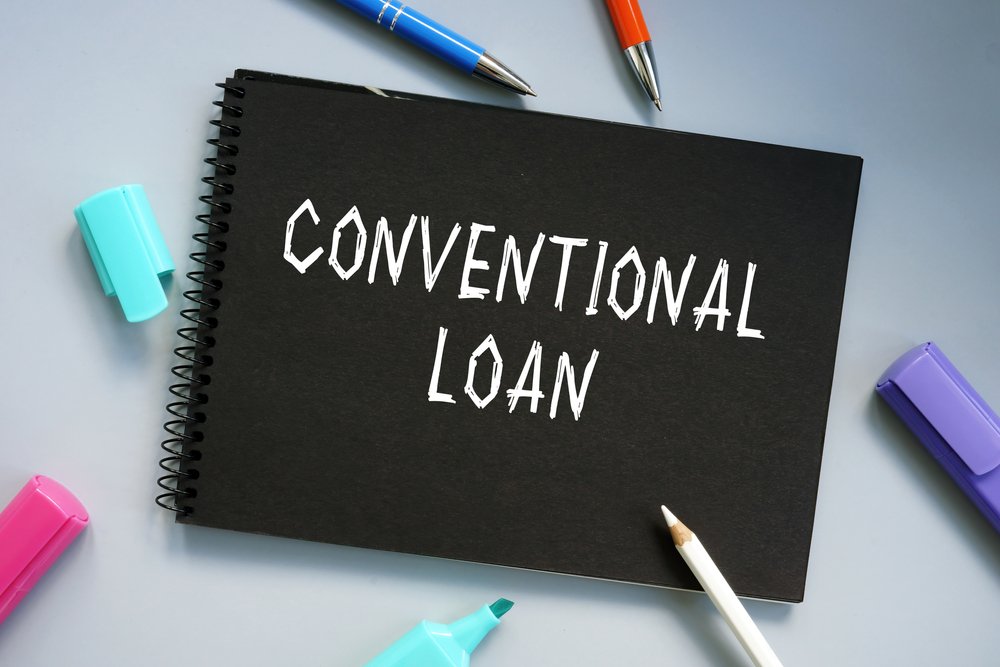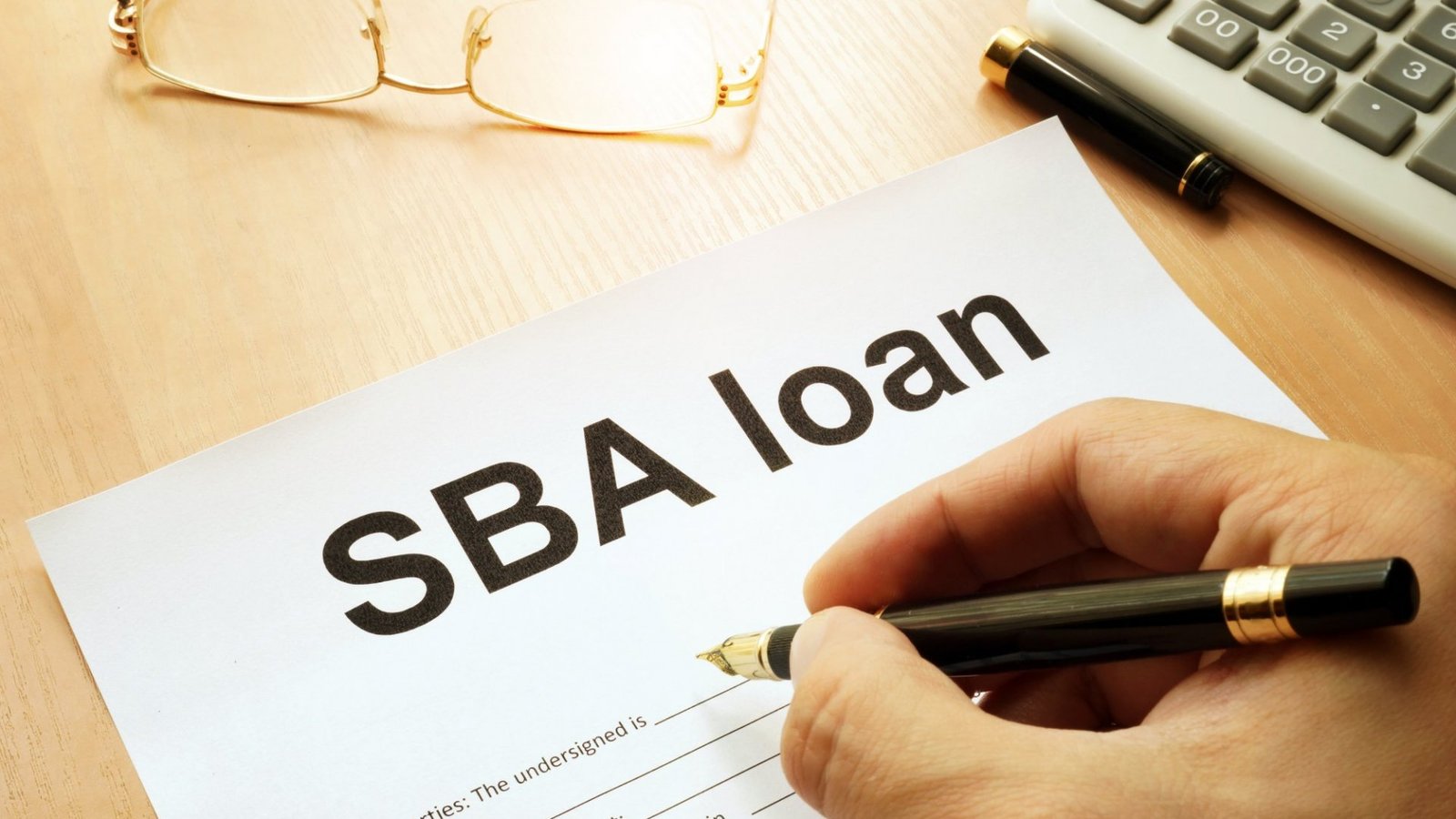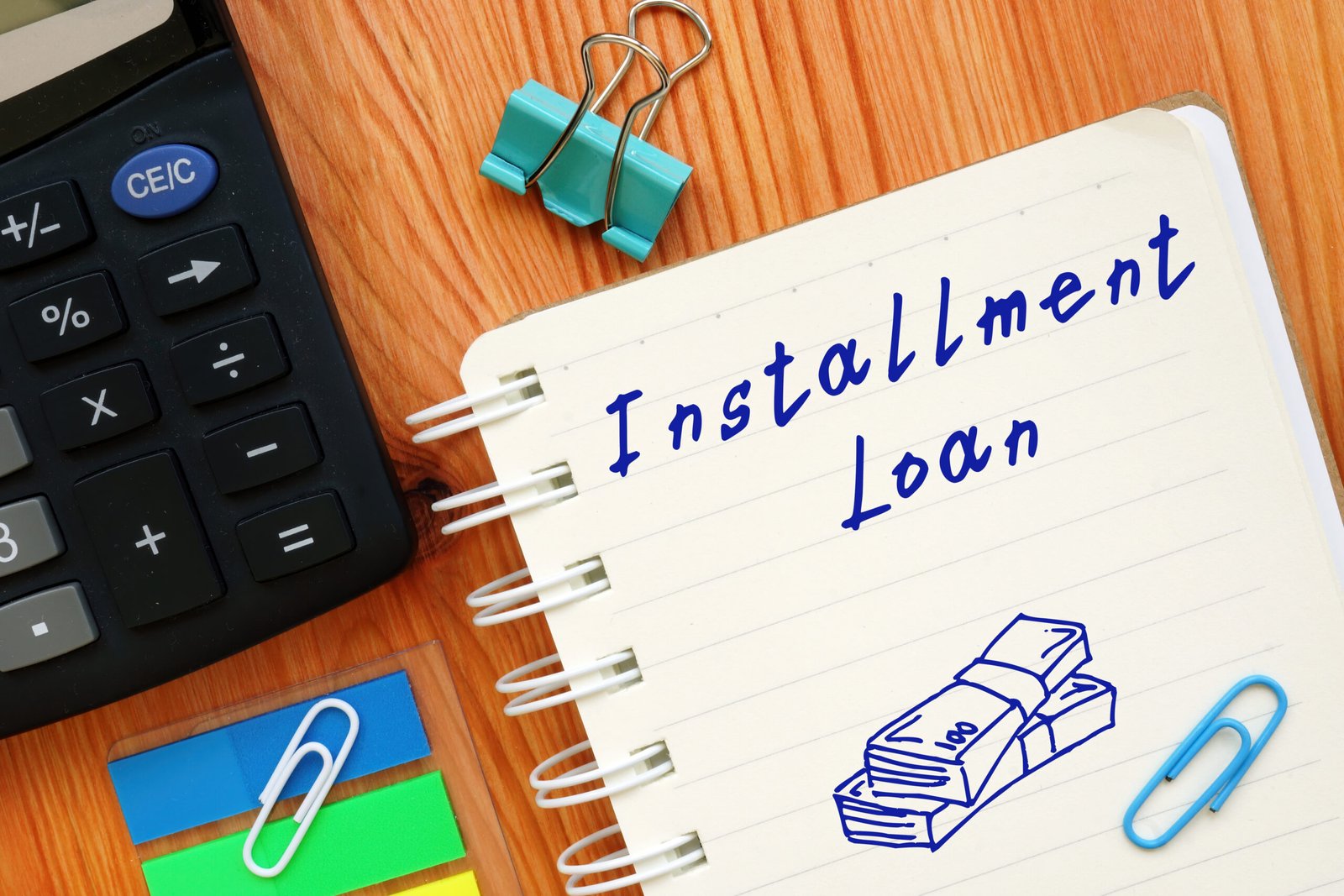Personal loans are an essential financial tool that allows individuals to borrow money for a wide variety of purposes, from consolidating debt to funding a large purchase. Whether you’re planning a major life event, facing an unexpected expense, or simply want to consolidate multiple debts into one manageable payment, personal loans can offer a solution. However, with so many types of personal loans available, choosing the best one for your unique situation can be overwhelming.
In this comprehensive guide, we will explain the six most common types of personal loans, outline when each is best used, and help you determine which option suits your financial needs.
1. Unsecured Personal Loans
What is it? Unsecured personal loans are loans that don’t require collateral, such as a house or car. Instead, they are based on your creditworthiness and income, with lenders evaluating factors like your credit score, debt-to-income ratio, and employment history.
Best for:
- Debt consolidation: If you have multiple high-interest debts, such as credit cards, an unsecured personal loan can help consolidate them into one loan with a potentially lower interest rate.
- Emergency expenses: Unexpected expenses, such as medical bills or car repairs, can often be covered with unsecured personal loans.
- Home improvements: Unsecured loans can be used for home renovations or upgrades when you don’t want to use your home as collateral.
Advantages:
- No need to risk personal assets like your home or car.
- Quick approval process if you have a good credit score.
- Fixed interest rates and predictable monthly payments.
Disadvantages:
- Typically, the interest rates are higher than secured loans.
- May be harder to qualify for if you have poor credit.
2. Secured Personal Loans
What is it? Secured personal loans require collateral to back the loan, such as your home, car, or another valuable asset. This collateral acts as a guarantee for the lender in case you fail to repay the loan. Because secured loans are less risky for lenders, they often come with lower interest rates compared to unsecured loans.
Best for:
- Borrowing larger amounts: If you need a substantial loan, such as for buying a car or making significant home improvements, a secured personal loan can be a viable option.
- Improving credit: If you have poor or no credit history, a secured loan can help you build or rebuild your credit score, assuming you make timely payments.
Advantages:
- Lower interest rates compared to unsecured loans.
- Higher borrowing limits.
- Easier approval for those with poor credit.
Disadvantages:
- Risk of losing the collateral if you cannot repay the loan.
- Longer approval process due to the need to appraise the collateral.
3. Debt Consolidation Loans
What is it? A debt consolidation loan is a personal loan specifically designed to combine multiple existing debts into one, ideally with a lower interest rate. This can include credit card debt, medical bills, or other personal loans.
Best for:
- Paying off high-interest debt: If you have several credit cards or loans with high interest rates, consolidating them with a debt consolidation loan can help you save on interest.
- Simplifying finances: If you’re juggling multiple payments every month, consolidating them into one loan can simplify your finances, making it easier to keep track of due dates and amounts owed.
Advantages:
- Simplified repayment with one monthly payment.
- Potential for a lower interest rate than existing debt.
- Can improve your credit score over time if you pay the new loan on time.
Disadvantages:
- May require good credit for the best interest rates.
- You might end up paying more interest over a longer term if the loan term is extended.
4. Payday Loans
What is it? Payday loans are short-term loans, typically due on your next payday. They are often used by people who need quick cash to cover urgent expenses. These loans are typically small and easy to qualify for, but they come with very high interest rates and fees.
Best for:
- Emergency cash: If you’re facing a short-term financial emergency, payday loans can provide quick access to funds.
- Covering small expenses: These loans are generally meant for smaller amounts, so they are ideal for handling unexpected bills or emergencies until your next paycheck.
Advantages:
- Fast approval and quick disbursement of funds.
- No credit check in many cases.
Disadvantages:
- Extremely high interest rates and fees, which can make repayment difficult.
- Risk of falling into a debt trap if you’re unable to repay on time.
- Typically very short repayment terms, often requiring full repayment in 2-4 weeks.
5. Co-Signed Personal Loans
What is it? A co-signed personal loan involves a second person, the co-signer, who agrees to repay the loan if you default. This can be a spouse, family member, or friend with good credit who will share the responsibility for the loan.
Best for:
- Those with poor or no credit: If you have a limited or poor credit history, a co-signer can help you qualify for a loan with a better interest rate.
- Larger loan amounts: Co-signing can also help you qualify for larger loan amounts, such as for major home repairs, education, or significant expenses.
Advantages:
- Easier approval and potentially lower interest rates.
- Opportunity to build or improve your credit if you make payments on time.
Disadvantages:
- If you fail to repay the loan, the co-signer is responsible for the debt.
- Can strain relationships if you’re unable to make payments.
- Both your credit and the co-signer’s credit will be impacted.
6. Guarantor Loans
What is it? A guarantor loan is similar to a co-signed loan, but instead of a co-signer, you have a guarantor, usually someone who is willing to make payments if you fail to repay the loan. A guarantor does not necessarily have to be a co-borrower but agrees to take on the financial responsibility if the borrower defaults.
Best for:
- People with bad credit: If your credit history makes it hard to qualify for loans, a guarantor can help you get approved.
- First-time borrowers: A guarantor can also help individuals with limited credit history qualify for loans.
Advantages:
- Helps you qualify for loans you might not otherwise be able to obtain.
- Lower interest rates than payday loans or other high-risk lending options.
Disadvantages:
- The guarantor is legally responsible for repaying the loan if you fail to do so.
- Strains relationships if you default on the loan.
How to Choose the Best Personal Loan for You
Selecting the best type of personal loan depends on your financial situation, the amount you need to borrow, and the reason you’re borrowing. Here are some tips to help you make an informed decision:
- Consider your credit score: If you have good credit, an unsecured loan or debt consolidation loan may be your best option. If you have poor credit, a secured loan or a loan with a co-signer might be better.
- Evaluate the loan term: Shorter loan terms typically have higher monthly payments but lower overall interest. Longer terms spread out the payments, but they may increase the total interest paid.
- Loan amount and interest rates: Depending on how much you need to borrow, certain loan types may be more suitable. Higher amounts might require secured loans, while smaller amounts may be manageable through unsecured or payday loans.
- Repayment options: Choose a loan with terms you can comfortably manage based on your income and monthly expenses.
FAQ on Types of Personal Loans
Q1: What is the difference between a secured and unsecured personal loan? A secured loan requires collateral, such as a car or house, while an unsecured loan does not. Unsecured loans typically have higher interest rates due to the lack of collateral.
Q2: Can I get a personal loan with bad credit? Yes, but it may be more difficult. Secured loans, co-signed loans, or loans from family members may be easier to qualify for if your credit is poor.
Q3: How do I apply for a personal loan? You can apply for a personal loan online, at a bank, or through other lenders like credit unions. The process usually requires filling out an application and providing documentation such as proof of income and credit history.
Q4: What are the risks of payday loans? Payday loans come with extremely high interest rates and fees, making them difficult to repay on time. Failing to repay a payday loan can lead to additional fees and damage to your credit.
Q5: How can I get the best interest rate on a personal loan? The best interest rates are typically available to those with good to excellent credit. To qualify for a better rate, check your credit score, compare loan offers, and consider using collateral for a secured loan.
Personal loans are a flexible financial tool that can serve various purposes, from consolidating debt to paying for an emergency expense. Each loan type has its advantages and disadvantages, depending on your financial situation, credit history, and borrowing needs. By understanding the different types of personal loans and their best uses, you can make an informed decision about which option will help you achieve your financial goals while minimizing risk.
Remember to evaluate your options carefully, consider your ability to repay, and choose the loan that best fits your circumstances. With the right personal loan, you can manage your finances more effectively and work towards achieving your financial goals.




